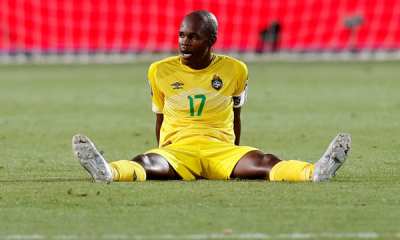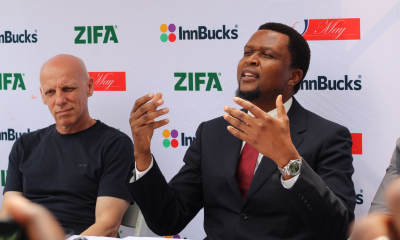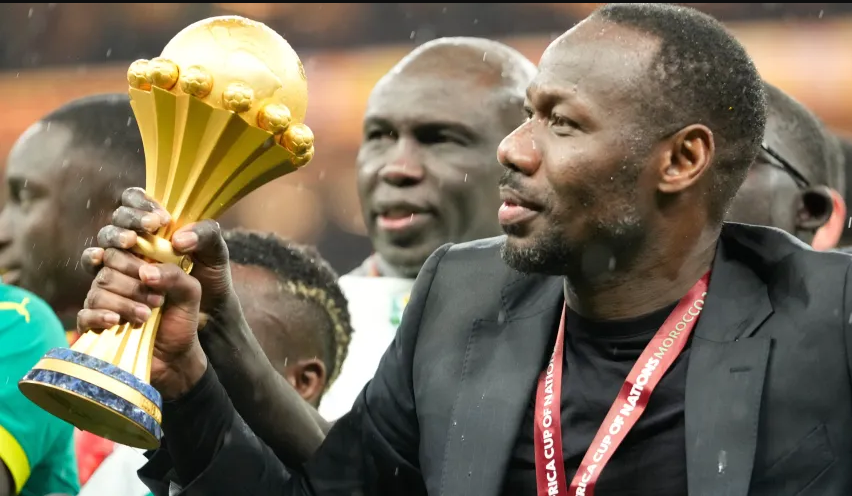Football
Zimbabwe Hold Firm to Stall South Africa’s World Cup Push
In a fiercely contested Southern African Derby, Zimbabwe held South Africa to a goalless draw on Friday night at Moses Mabhida Stadium, dealing a blow to Bafana Bafana’s hopes of automatic qualification for the 2026 FIFA World Cup.
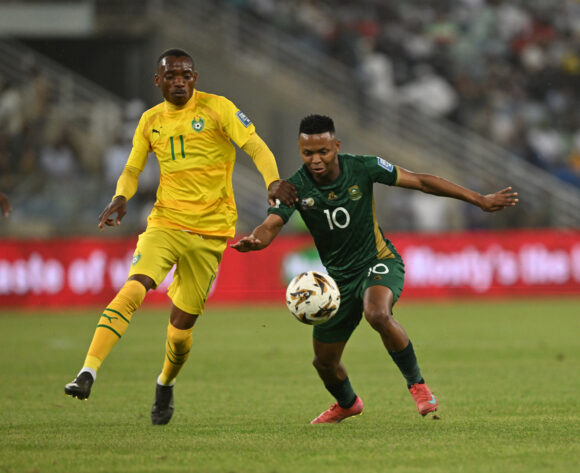
Football
When Moroccan Journalists Walked Out… A Sad Day for AFCON and Media Ethics
On Sunday night, Senegal etched their name into African football history by clinching their second AFCON trophy in a decade. Led by captain Sadio Mané, the Lions of Teranga defeated hosts Morocco 1–0 in a dramatic final that will be remembered for both its footballing brilliance and its controversies.
Football
Cameroon Beat South Africa, Face Morocco in AFCON Quarterfinals
Football
Rice defends Gyokeres form
Arsenal midfielder Declan Rice has provided a staunch defence of Viktor Gyokeres saying he has been “unbelievable” for the team, who wouldn’t be where they are without him.
-

 Latest6 months ago
Latest6 months agoBunjira’s Wife Dies Three Days After Accident
-
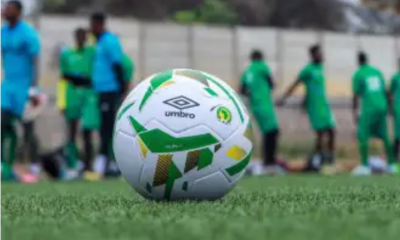
 Football6 months ago
Football6 months agoFC Platinum Suspend Players Over Suspected Match Fixing
-

 Football6 months ago
Football6 months agoSportBrief and NetOne Launch Exciting New Game Show: Score Big with NetOne
-
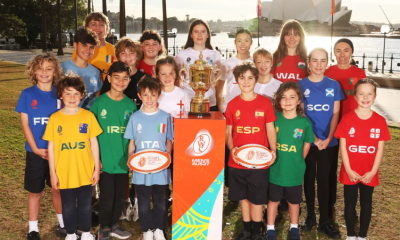
 Rugby6 months ago
Rugby6 months agoMen’s Rugby World Cup 2027 ticketing programme unveiled
-

 Football6 months ago
Football6 months ago“Lets goooooo” Garnacho issues two-word message as Man Utd exit officially confirmed
-
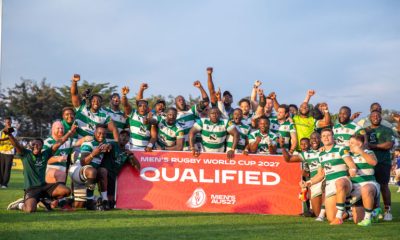
 Rugby7 months ago
Rugby7 months agoZimbabwe hold on to book first Rugby World Cup spot since 1991
-

 Football6 months ago
Football6 months agoViktor Gyokeres will be in London today for his Arsenal medical
-
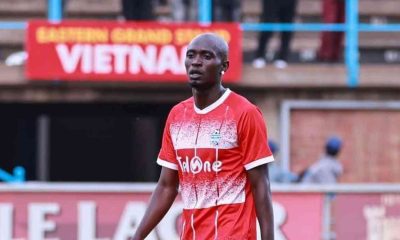
 Football6 months ago
Football6 months agoMonday Spotlight: Washington Navaya – The Navigator in Demand

